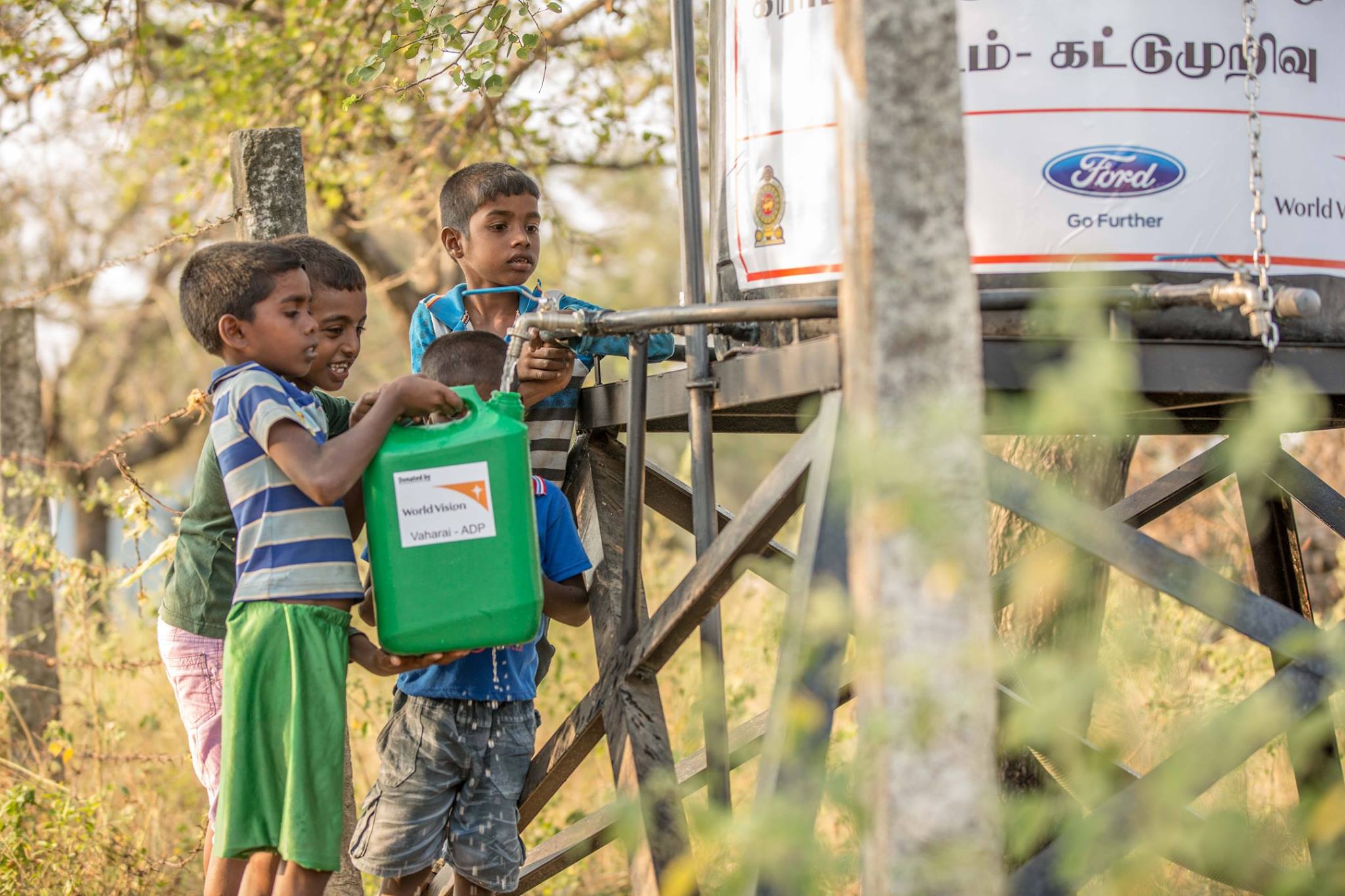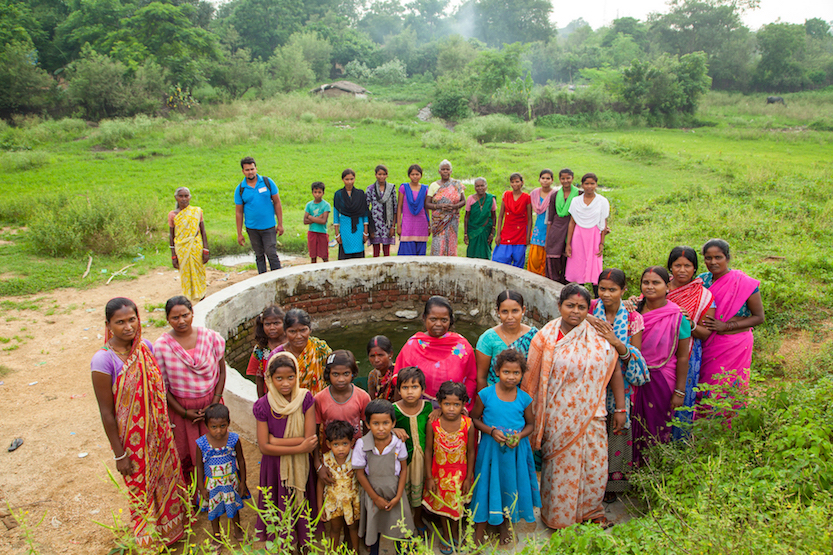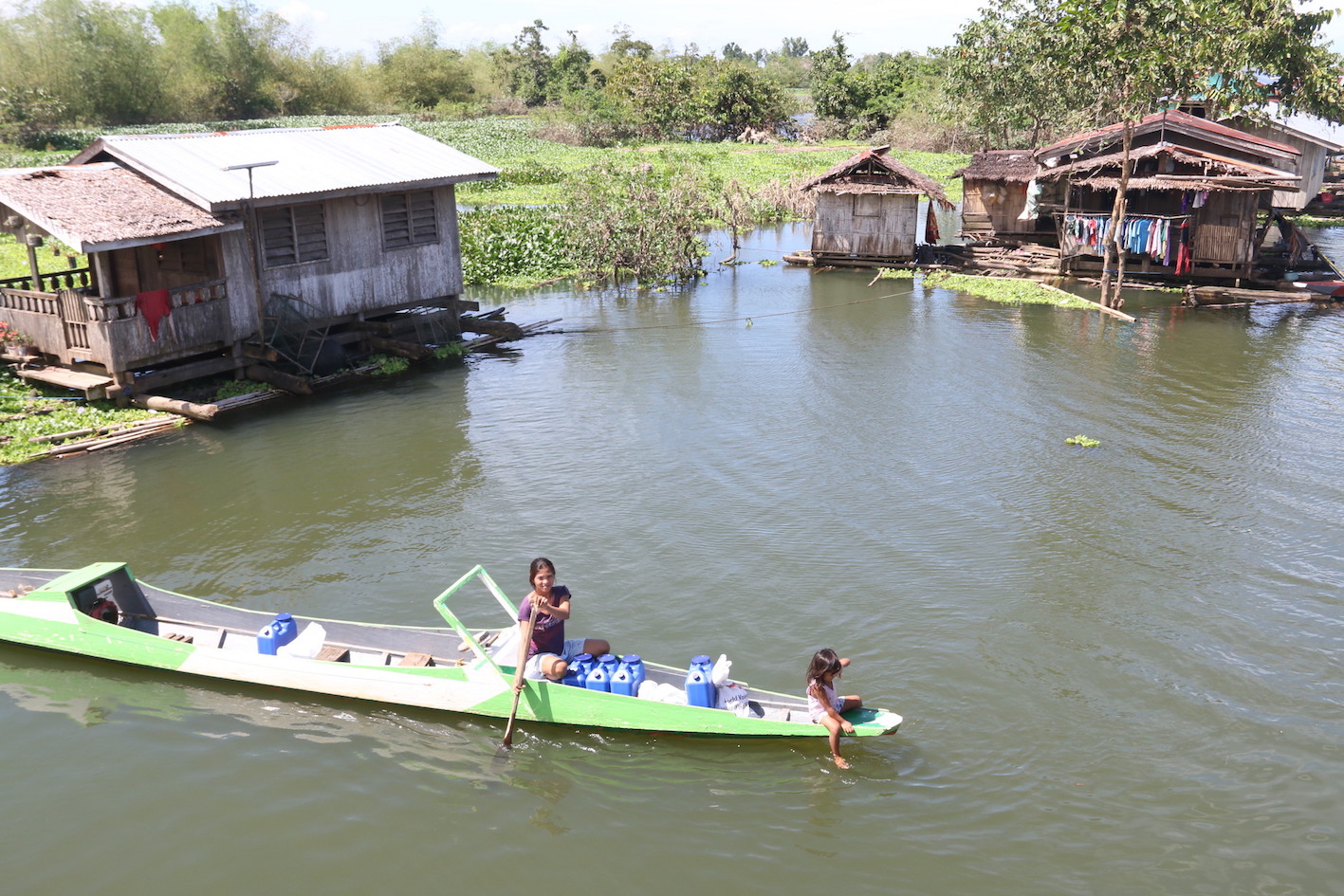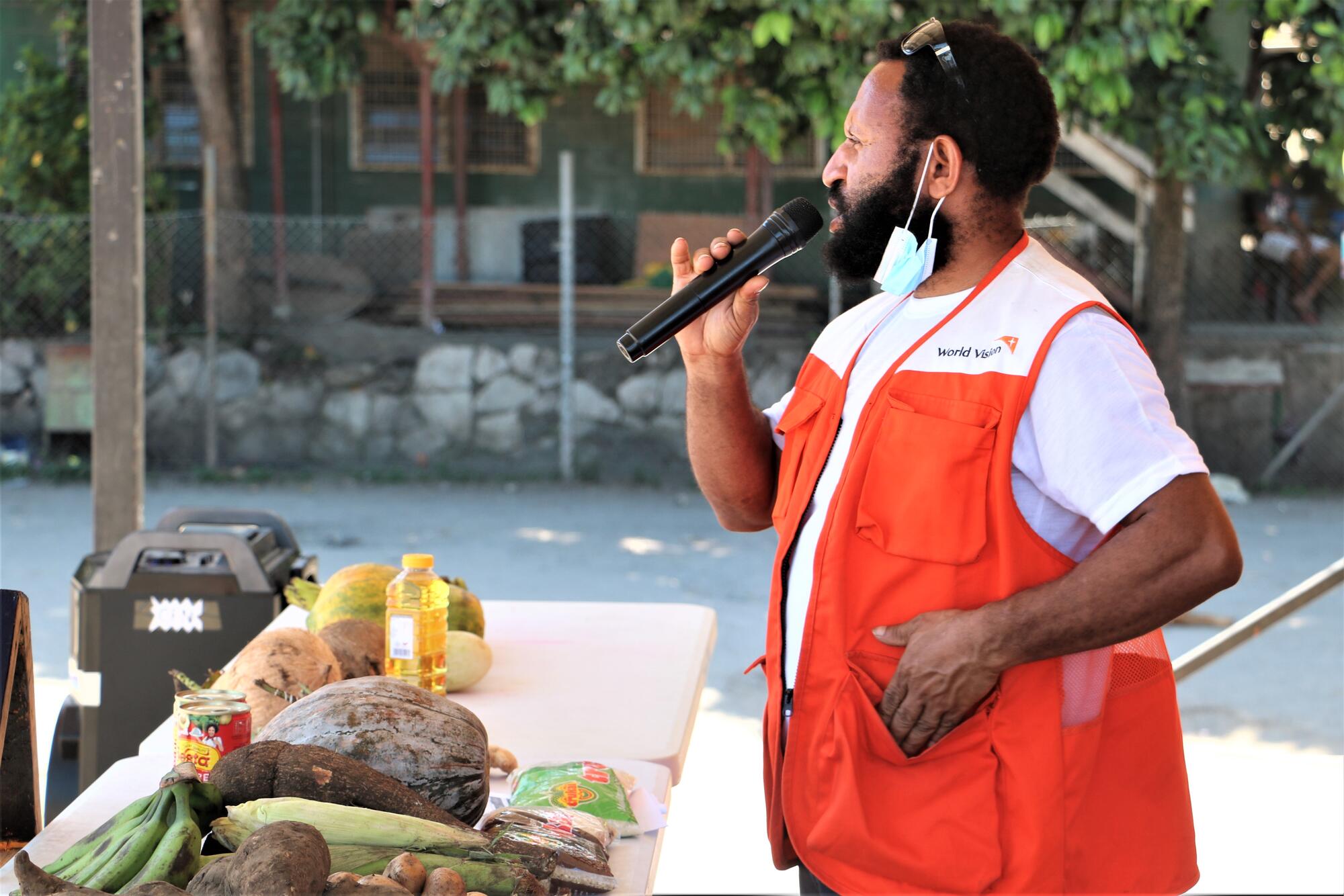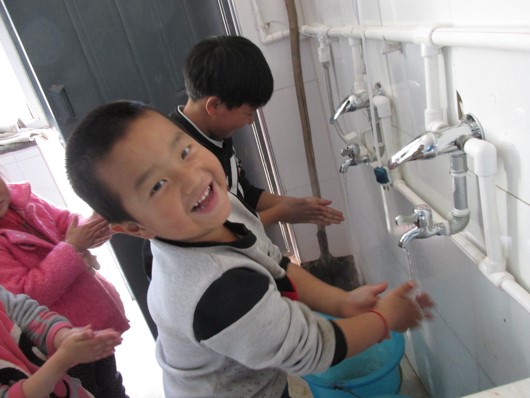Providing access to clean water for children in Asia Pacific
World Water Day reminds us that water is vital for every child and every family around the world. In spite of our efforts, still, 2.1 billion people globally live without access to safe drinking water at home and communities affecting their health, education, and livelihood. Around 289 million in Asia Pacific where World Vision works, lack access to basic water services.
World Vision believes that along with our partners, we can be instrumental in finding sustainable solutions that will enable the affected population to manage the water and sanitation crisis. The goal is to provide access to clean water and sanitation to everyone in every community where we work — including those in the hardest-to-reach places or those areas facing emergencies or crisis. We also work with communities to design activities that promote healthy behaviours among community members.
Bangladesh – Bringing water to the refugee camps
Of all her worries since escaping the violence in Myanmar, Nur Banu is thankful that she no longer fears being sexually harassed while fetching water for her children at the refugee camp in Bangladesh. An estimate of 5,617 cases of gender-based violence cases have been reported in the camps since the fighting broke out, according to a recent Inter-sector Coordination Group report. World Vision in partnership with UNICEF has built deep tube wells, distributed packets of chlorination tablets and jerry cans for the people who fled the violence.
Cambodia – Washing the dirt away
After their class, these kids from Cambodia are enjoying the new water pump installed by World Vision. Water is now accessible to them when they want to take a bath. In school, they were taught about the importance of proper hygiene and sanitation. After playing, they’re free to use the water to clean up themselves.
Nepal – Back to school
Before, the lack of safe water and sanitation in school affects children’s learning in Kailali Nepal. Without water, students were not interested to go to school because they had to walk at least 3 kilometers and they get always thirsty when they reached their classrooms. Now, World Vision has put up a water system that caters more than 200 children providing better water, sanitation, and hygiene (WASH) services. Now, the school attendance has improved.
Sri Lanka - No more long walks
Around 152 families from Vaharai Sri Lanka now has access to clean drinking water from five distribution points close to their homes. This was only possible with the support from our partners. Thank you Global Giving and Ford Motor Company for making this happened.
India – Unity made water possible
The community members from Kamal, India had worked together to dig a well for three years. Earlier, they had to walk and wait in the queue at the only source of water in the village. It took more than an hour to fetch a bucket of water. “All the villagers worked together. People who couldn’t be there physically, contributed with money,” says Rahul, a community member.
Mongolia – Functional bathrooms in warm place
To improve health and sanitation condition in schools, World Vision installed 57 standard bathrooms built in Soum schools catering to 40,000 children in Mongolia. “I'm so happy to be using the toilet seat, having running water and hand dryer. Before, students could hardly use the latrine with an average of -30 degrees temperature outside our classrooms. But now we are using it in a warm place,” says Namuunzaya, 9 years old.
Philippines – Water purifier in flooded communities
World Vision response team braved 3-5 hours boat ride to reach the communities in Agusan de Sur, Philippines, which was inundated due to heavy flooding. Normally, families in the areas would rely either on rainwater, deep wells or the lake for drinking water. But due to excessive flooding their access was cut off. World Vision has distributed clean water kits that include Procter & Gamble (P&G) water purifier packets, filter cloth and jerry cans and hygiene kits to affected families.
Papua New Guinea – Hygiene and sanitation for the girls
Girls from Papua New Guinea enjoy washing their hands at the school water supply tank. Valerie, 13-year-old, knows little about menstruation, but with the current orientation conducted by Water, Sanitation, and Hygiene orientation, her school can now manage menstrual hygiene issues, by adopting correct practices on hygiene and sanitation. Valerie says that the menstrual hygiene management orientation conducted by the project is important to young girls in the school.
China – Solar water heater for winter
In Pingquan China, World Vision has installed solar water heater to encourage the students to wash their hands even in cold winter. Wenwen is excited to see the water running out from the pipe. “In a freezing temperature, I used to walk more than one hour to get this in the before,” he said.
Timor Leste – Clean water for a healthy life
Some villages in Baucau, Timor-Leste used to face difficulties accessing clean water, as they are located far from water springs. People needed to walk over 30 minutes to fetch clean water every day. World Vision installed public water taps, pipes, and water tanks in the villages so people could easily come to collect clean water. “My grandchildren drink clean water, and I can see their health has improved. Their skin and bodies look healthier than before and they are not sick anymore compared to the past,” says grandmother Domingas.
-ends-
Note: In Asia Pacific, World Vision has been working in Bangladesh, Nepal, India, Indonesia, Philippines, Sri Lanka, Timor Leste, Vanuatu, Papua New Guinea, Solomon Islands, Cambodia, Thailand, Laos, Myanmar, Vietnam, Mongolia, and China.
